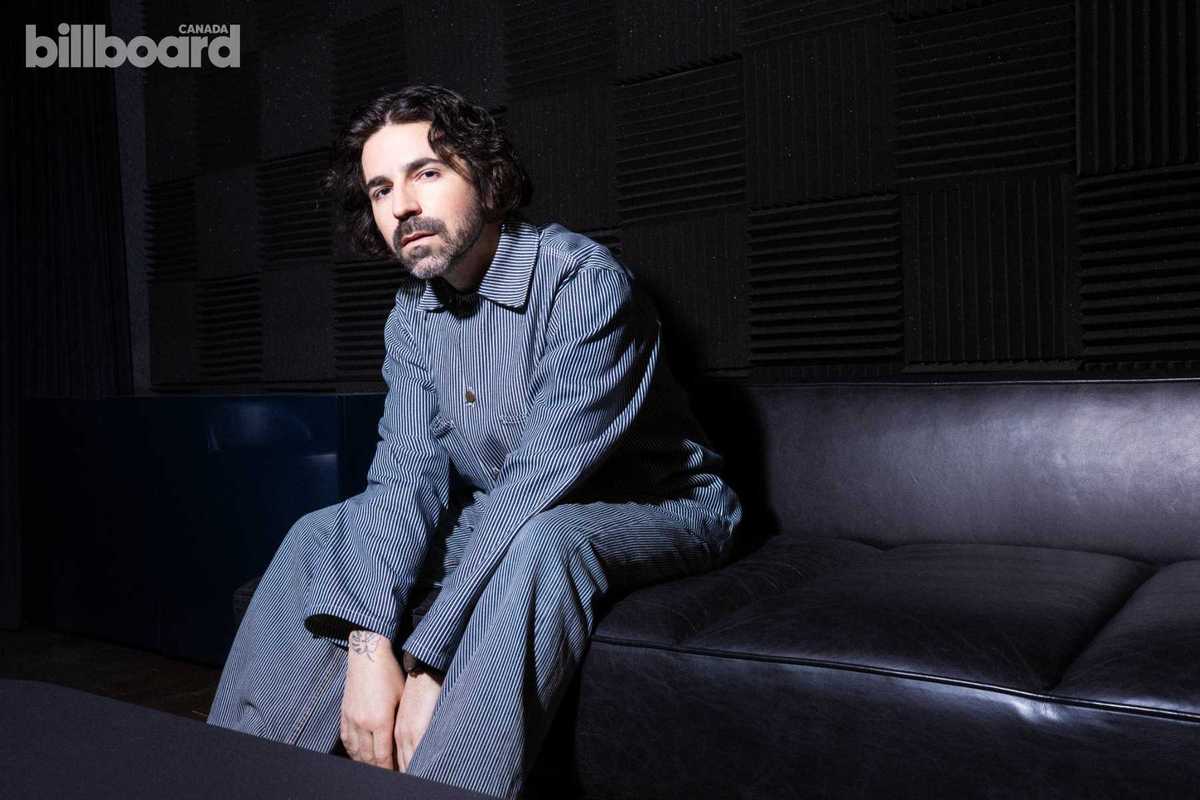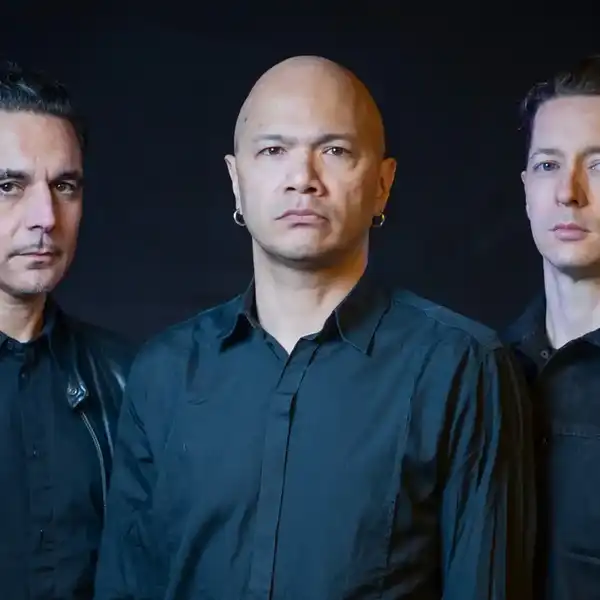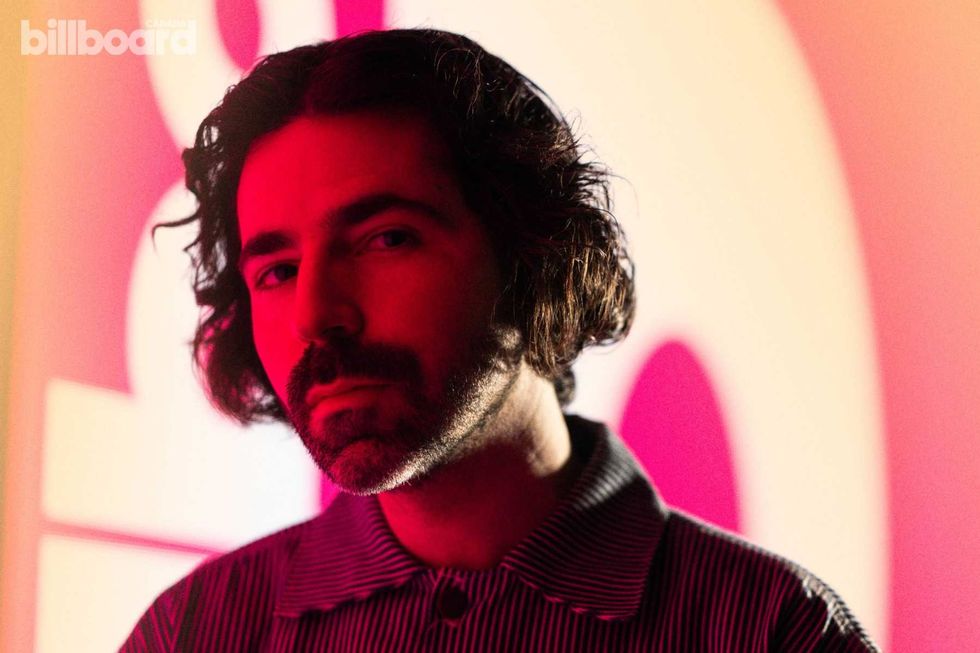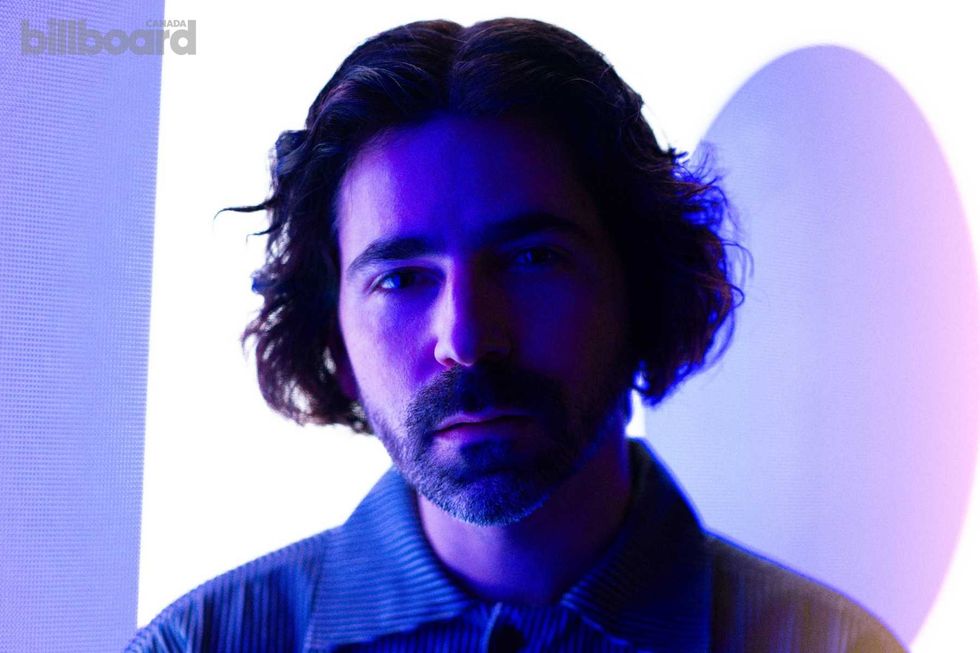Five Questions With… Michelle Rumball
The former member of Grievous Angels has just released her third solo album, Years Behind, her first in seven years. Here she describes the making of the album, her slow creative growth, musical family parties in Timmins, and steep learning curves over the last year.

By Jason Schneider
It’s fair to say that Toronto singer/songwriter Michelle Rumball takes her time. After two albums following her tenure with legendary ‘90s roots rockers Grievous Angels—the band she co-led with now MP Charlie Angus—Rumball has returned withYears Behind, her first release in seven years.
Produced by Kevin Quain at Toronto’s Union Sound, Years Behind brims with optimism, laughter, and an easy-going thoughtfulness. Comprised of five original songs along with covers of Bob Dylan, John Hiatt, Sting and others, the album still leans heavily on Rumball’s time in New Orleans after her departure from Grievous Angels, an extended period she describes as earning her “master’s degree” in music.
In the Big Easy, she discovered new aspects of her voice in between working in bars and doing under-the-table jobs that included waving signs outside mob-owned tourist trap saloons. She returned to Toronto in 2001 and released her first solo album soon after, although it wasn’t until a decade later that the follow-up, Welcome To The Beauty Saloon, arrived.
However, with Years Behind now out, Rumball says she’s taking the title literally and is promising to make up for lost time with more music and cross-Canada touring in the works. You can find out more at michellerumball.com.
What makes Years Behind stand apart from your past work?
I think it builds on what I learned from making the previous records. The first one, terrain, was mostly live and the second, Welcome to the Beauty Saloon, mainly was tracked. I prefer live, but am realistic about the trade-offs. The intent with Years Behind was to get two days in a great room—Union Sound—and capture live what we could. Kevin Quain planned and guided things perfectly, and engineer Guillermo Subauste got great sounds. Kevin then took things to his studio where he tinkered with everything. The result is a recording that is 70 percent live, and I am super pleased with how we stuck to the original intent. Everyone committed to it.
Which songs on the album are you particularly proud of and why?
I enjoy recording other people’s songs like John Hiatt’s “Feels Like Rain,” which I have been singing for decades. I also wanted to have songs on there by my friends who are great songwriters, Kevin Quain and Chris Staig. But I have to say “Cool Beauty’s Reply” gives me the most joy. It was a response to a song by my friend and mentor Willie P. Bennett, and it felt like I was spending another day with him as I wrote it. I am so happy it turned out the way it did and that Kevin boldly made it the album’s opening track.
What are your fondest musical memories as you were growing up?
Our family parties in Timmins. My mother and her siblings had a four-part harmony group that toured Northern Ontario back in the day. There was always great singing at parties, and I loved to sit at the piano studying my Uncle Gerry’s playing and marveling at how something as simple as a song could create joy and bring whole rooms of people together.
How would you describe your artistic evolution?
Slow! That's not a criticism, just a fact. I spent my twenties in a great band, Grievous Angels, and when I left the band, people warned me that it was a bad idea. Well, there was no choice as far as I was concerned. I needed to find my voice, and I had hit many walls with the band. The journey to finding my authentic voice led to me to live in New Orleans, where I had tremendous adventures and oodles of crazy day jobs. I may have taken the longer road, but I know who I am now and that makes it worth the time spent.
What’s been the most significant change in your life over the past year?
This past year was all about steep learning curves—getting more organized about recording, learning how to do a successful crowd-funding campaign, video shoots, working with a publicist and playing lots of shows. Balancing it all with keeping a roof over my head in Toronto has felt like a significant personal victory, and it is that accomplishment that keeps me moving ahead. I have sunk some serious costs into this business—financial and emotional—that are finally paying off.


















 Felix Cartal shot at the W Toronto on Feb. 20, 2026. Lane Dorsey
Felix Cartal shot at the W Toronto on Feb. 20, 2026. Lane Dorsey  Felix Cartal shot at the W Toronto on Feb. 20, 2026.Lane Dorsey
Felix Cartal shot at the W Toronto on Feb. 20, 2026.Lane Dorsey